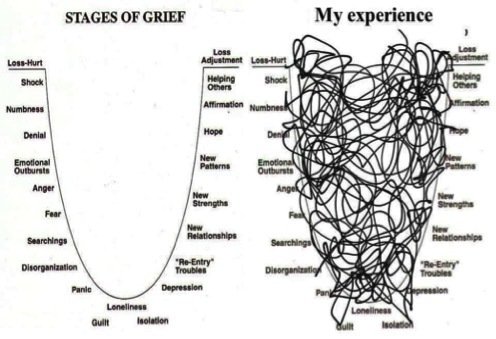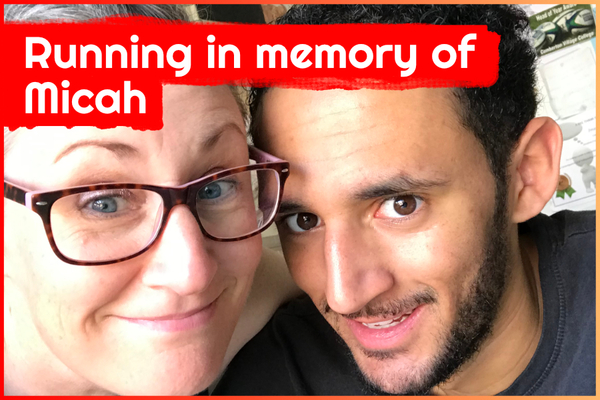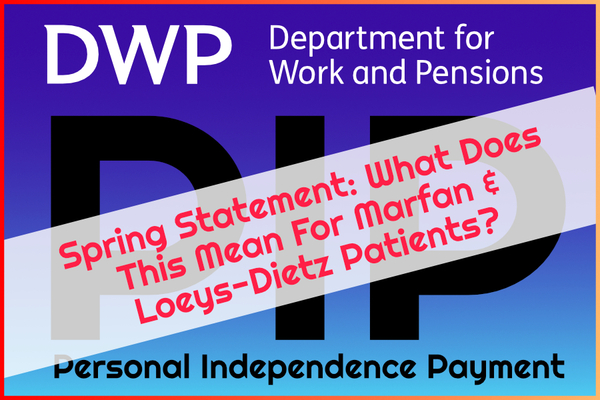Our Helpline is seen by many as a lifeline, particularly during lockdown. And we find that it isn’t limited to those in need of medical advice. Many approach us in the wake of a loss, a bereavement, in search of solace and help. Help, both practical and spiritual. Lockdown has amplified everything and this includes the feelings of remoteness and isolation experienced after the death of a loved one. We thought it would be beneficial to gather our disparate pieces of advice dispensed over the years – sometimes gleaned from indispensable books - in one place, to form a trove and reference guide. We have also invited tips from our supporters and the response has been phenomenal. This article is therefore a composite piece reflecting wide-ranging experiences. And finally, to emphasise, we are always here for you no matter what.
Money Part 1
- Encourage each other to talk about financial matters well before the family member has become too ill.
- If appropriate, set up a joint account and make sure that all direct debit payments for your family and household go through this account.
- Set aside a sum that will be sufficient to carry you through 12 months of probate
- If you are not married you will not receive any widow’s state pension, however your partner can nominate benefit from his/her professional pension after their death. Please also see citizens advice bureau for more information
Register
- Registering the death of a loved one can be a painful experience, so take a friend.
- Ask for 6 official copies of the death certificate, as various professionals will require it.
Funerals
- Involve your children in all arrangements. With grandchildren the parents should decide whether they are old enough to attend.
- The emotional strain of answering every telephone call will be too great.
- Switch to answerphone or get a friend to answer.
Accountants
- The Inland Revenue may ask to review all accounts, going back over 7 years.
- Take out professional fee protection with your accountant’s help to cover this risk (approximate annual cost £80).
People’s reactions
- Many comments are in appropriate, foolish or even offensive. Do not be offended. They don’t mean it.
Children and Grandchildren
- They need to be comforted and to talk freely about their lost relative. This will comfort the adults in return.
Emotions
- Be prepared to cry, or to be unable to cry. Seek the help of a professional therapist if necessary.
- Be prepared for absentmindedness.
- Pills and alcohol may be helpful but for limited periods only.
- Speak to your doctor.
- Don’t try to be too brave.
- You may feel angry and guilty. Forgive yourself.
House and Home
- Turn on the lights and radio and make a roaring fire. These may provide company and comfort.
- Do not get rid of everything immediately – you may regret it.
- Do not move house for 12 months at least. It is bad enough to lose your partner but the emotional upheaval of a house move is inadvisable.
- For the first few months, you will need a trustworthy friend or relative to offer advice with the endless paperwork. A solicitor or accountant will charge. Ask for help.
Money Part 2
- Bereaved people are prime targets for scams claiming money dishonestly, for unpaid debts. Refer such claims to your solicitor.
Walking
- Go for long walks. You will feel better for it.
- Get out every day to meet friends.
- It is important to smile.
- Having a pet to hold, stroke and take for a walk helps enormously.
Social Life
- Do try going out on escorted local and foreign tours by yourself, or perhaps travelling with another person.
- You can cope in a new social environment. Time helps you to cope better. Develop a routine, and get involved in something locally.
- Remember the good times.
- Join a group to learn something new or discuss interesting topics.
- Be gentle with yourself.
- Treasure your friends; accept as many invitations as you can.
- Take time to look after your appearance.
Consolations
- You are an entirely free agent, and can choose your activities without considering the needs of your partner.
- You may attract attention from friends of the opposite sex. If these attentions are unwanted make it known. If however you wish to enter a new relationship, take your time.
- If you wish to share your life with a second mate, consider the children of both partners. Talk to them and help them understand your wishes.
References
Tips from widows by Jan Robinson 2015 Bloomsbury ISBN 978 1 4088 6553 8
Tips from widowers by Jan Robinson 2016 Bloomsbury ISBN :HB: 978-114088-7809-5 and epub:978-1-4088-7810-1
Helpful support
Samaritans call 116 123
Cruse helpline 0808 808 1677
Supporter comments
“Family, friends and faith got me through it” (mm)
"A friend once said to me that you don’t have to feel guilty about your emotions and feelings (grief/anxiety/stupidity/anger/etc) and that you are allowed to ‘wallow’ in these feelings. But only for a short time. So give in to these feelings for them to let go of you. I say accept support from friends and family and professionals. They are the ladder you use to climb out of the pit" (ms)
"I found this image was helpful when talking to those dealing with grief (especially in the early stages as a preparation tool)" (gt)










